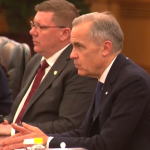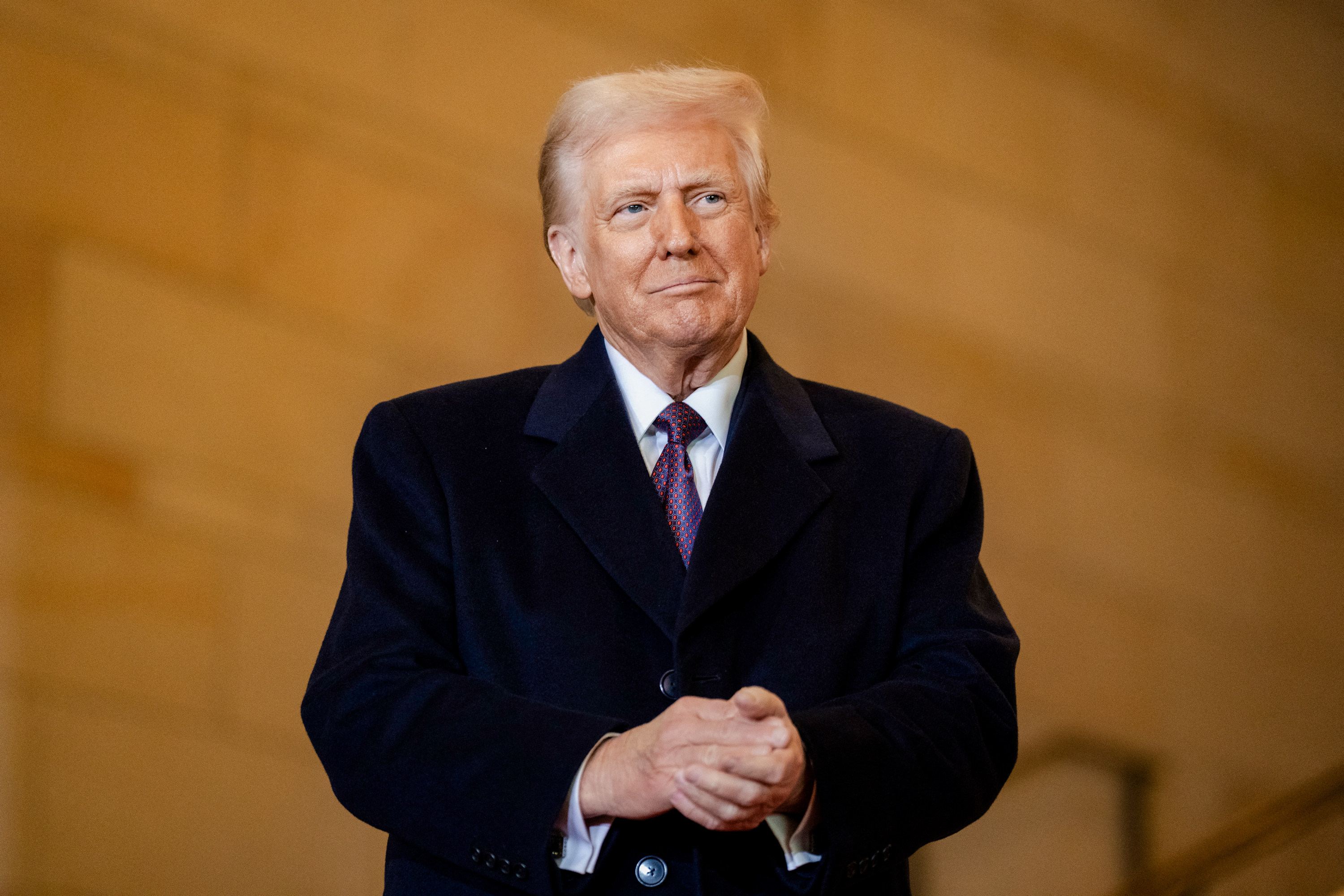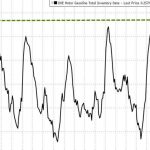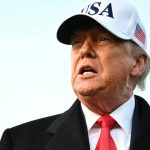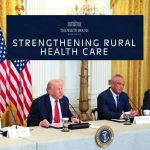President Donald Trump on Tuesday said planned tariffs on pharmaceutical imports could reach 250%.
During an interview on CNBC, Trump said tariffs on pharmaceuticals would be announced “within the next week or so.”
“This is a separate class than the 15% tariffs, so it’s sort of everything,” he said. “These are excluded classes, I call them. I like to call them excluded, like steel, aluminum, etcetera.
“We’ll be putting an initially small tariff on pharmaceuticals but in one year, 1½ years maximum, it’s going to go to 150%, and then it’s going to go to 250% because we want pharmaceuticals made in our country.”
Trump last week sent letters to the chief executives of 17 major pharmaceutical companies, urging immediate action to lower the cost of prescription drugs for Americans. He gave the companies until Sept. 29 to respond with binding commitments to specific terms.
Letters were sent to top executives at Eli Lilly, Sanofi, Regeneron, Merck & Co, Johnson & Johnson, and AstraZeneca, among others. Copies of the letters were posted on Trump’s Truth Social account.
During the last six months, companies such as Eli Lilly and Johnson & Johnson have announced fresh U.S. investments to build goodwill with the president, CNBC reported.
Some pharmaceutical leaders, though, have warned that tariffs could drive up costs and disrupt the drug supply chain.
In May, Trump signed an executive order that revived the “most favored nation” policy, which aims to reduce drug costs by tying the prices of some medicines in the U.S. to the significantly lower ones abroad.
The president told CNBC he “invoked” the most favored nation policy and that it will have a “tremendous impact on the price of medicine.” However, Trump has not officially implemented any changes from the order.
The president in April signed an executive order to expand on the efforts of his first term to lower prescription drug prices. The order directed the Department of Health and Human Services to take various steps to significantly reduce drug prices for American patients.
Trump also gave the Commerce secretary authority to investigate the impact of imports on national security.



